Can you please introduce yourself to the reader and explain what Grizedale Arts is?
My name's Adam Sutherland. I'm the Director for Grizedale Arts and have been for nearly 25 years. It started as a public art programme back in the 1970s and then I took it over in 1999 with a remit to reinvent. For me, that reinvention looked like working with the people and communities of the Lake District. We started with a sculpture park and wanted to turn it into a socially active organisation. The sculpture park was run in partnership with the Forestry Commission who wanted to turn it into more of a tourist attraction, but we wanted to become more locally integrated.
We began by developing Lawson Park, ancient farmland, and began by responding to invitations from the community. It was a 10 year programme to develop the derelict village hall. We were asked by the community to help redevelop it and slowly we put it back together as a community hub. In this process, we wanted to draw on the history of the area. We drew inspiration from John Ruskin and his followers, who were dedicated to the idea of education based on craft skills.
We wanted to revive these principles in a location that, we felt, had become quite fractured due to the impact of tourism over the last 200 years. It has had an impact on the way people living here understand the world around them and how they relate to each other. A lot of businesses or organisations see other people as competition in the industry. There is very little strategic thinking about managing tourism for the area.
The village hall renovation wasn’t part of a big funded project. We did it organically, piece by piece, making best use of the skills, materials and resources to hand. We wanted it to feel part of everyday life.
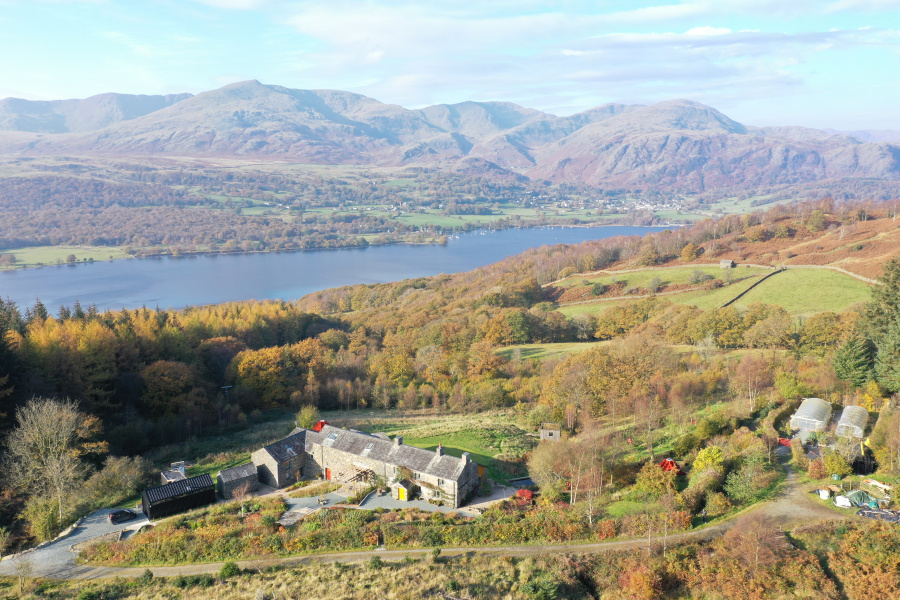
How do you balance celebrating and investing in local history with reacting to the needs of the local community?
Local histories can be quite narrow and restrictive fields. Communities are often about establishing identity. History tends to embed certain identities. So for us at Grizedale, what we wanted to do was surprise people with the local history and. Acknowledged history is only ever part of the story, not the whole story. We want to find and highlight alternative histories. For example, what is the history of this valley from different perspectives? Buildings and land have a point of access to people where we can meet them, bring them in and then talk about more complicated and diverse ideas.
There is also a tension with the community. There are people who love to engage with us, there are people who don’t know we exist, and there are people who intentionally distance themselves from us. There's a subtlety in the relationship between an arts organisation and the community itself, there's loads of different opinions, positions, conflict. Funders tend to think communities are homogenous. That just isn't true.
Tell us about your recent project, The Farmer’s Arms.
We were invited to meet at a local pub to see whether we could restore it. It was falling apart. At the village meeting there was a lot of tension and shouting. The group asked us to come up with a plan to fix it, with our record of restoring things in the past. Now, it’s been open for three years and is a thriving community venue with rooms, a restaurant and a space for artists to come and perform.
We worked with loads of volunteer and brought on lots of artists. We threw ourselves at it with the idea that it should be organically developed and not subject to a huge lottery application, a master plan and a whole lot of architects. We now have the whole building functioning and working with the six acres of land around it partially developed.
The aim is to turn it into a community trust which would be self managing. It could be a place where lots of different community businesses are situated, for example a pizza business, a cafe, a pottery business. I've always been very interested in local economies and the way people operate in rural places in a patchwork economy. Currently we have a pub potter, but he’s outgrown the space in the pub so we are trying to find him a new and bigger building to run his business from. Then a new potter will come into the pub and grow from there.
Grizedale has become known for showing up and responding to the community in really positive ways. We want to really have a transformtive impact on the opportunities of local people and local artists. Because we’re a small organisation, we’re able to react quite quickly. Whenever there is a possibility or an opportunity, we try to capitalise on it.
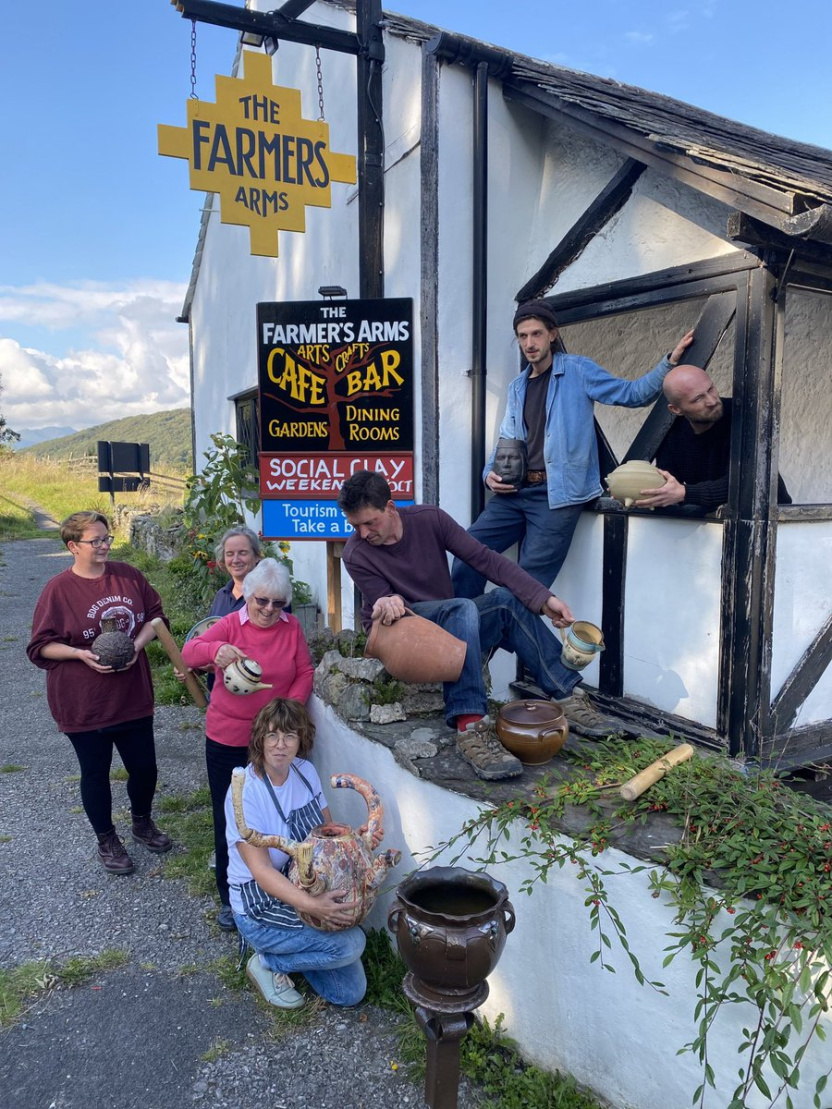
What are the main challenges you’ve faced over the last 25 years?
It’s really hard work, it’s non-stop. Everybody that works with us is drawn into that kind of work ethic which is maybe a bit too much sometimes. Finding people is actually one of the challenges. We have way more opportunity with the pub than we have people to serve so we need more people.
Secondly, I think working in a rural place can be quite challenging, particularly somewhere like the Lake District. The sort of dominant culture here is white, retired, reasonably wealthy people, quite entrenched, quite a bit isolated and that can be difficult. So I think one of the challenges we have as an organisation is that we're possibly not really accepted by the sort of broader population. We're much more appreciated outside of the area. We do a lot of work in other parts of the world. For example, we run residency programs in Japan in a small village. However, within our region, we can feel quite invisible and threatening to the status quo. The tourist industry sees us as damaging, whereas we’re actually the exact opposite. We’re an organisation that is trying to reinvent all the time and also proactively try to build trust and connections in the community. Our main tactic to get people onside is to just do our thing and wait until they see the fruit. When they do, they come onboard.
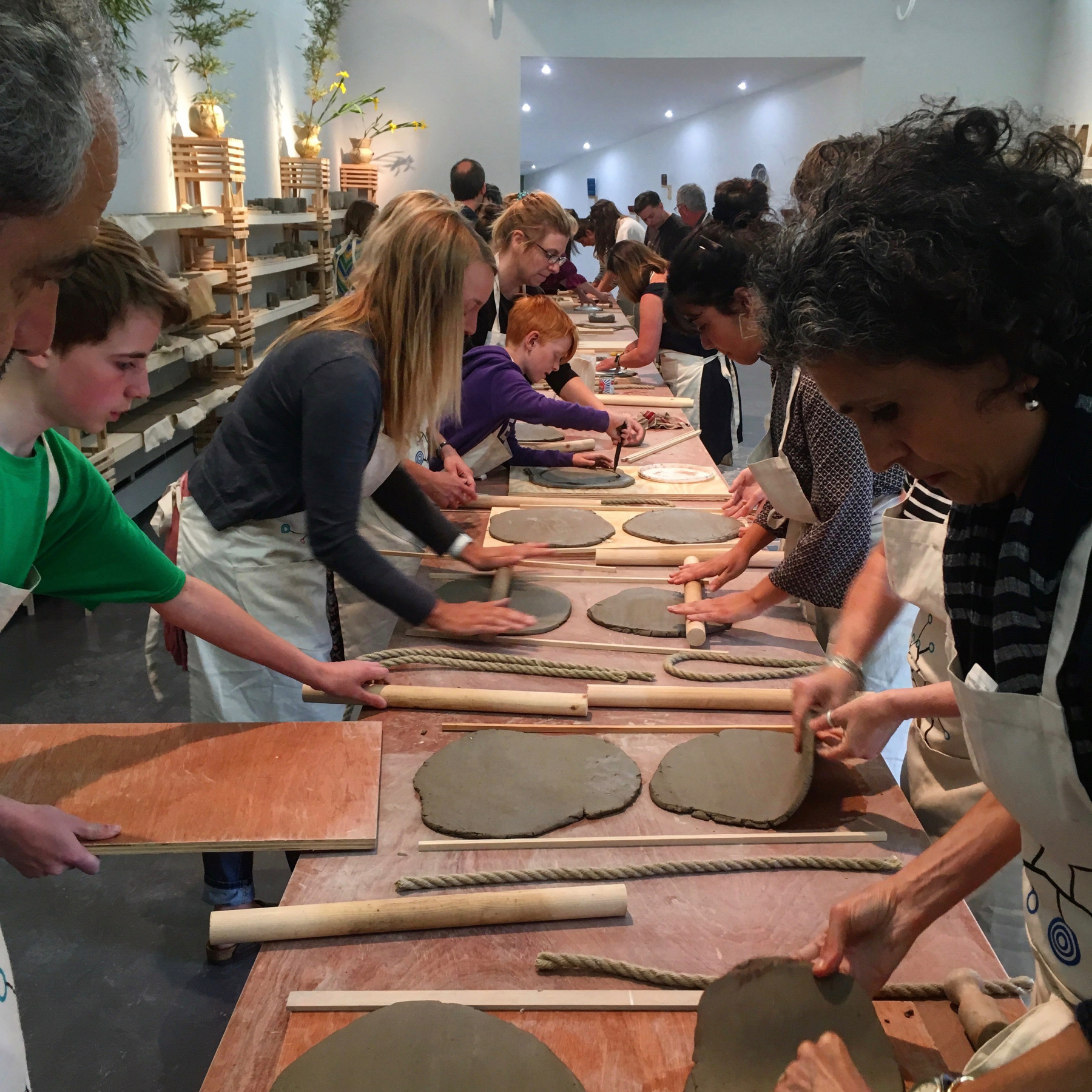

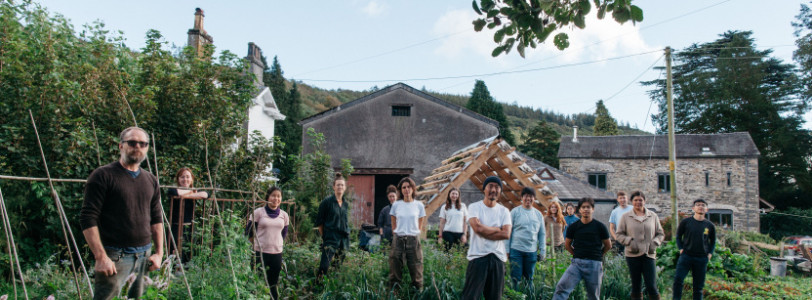
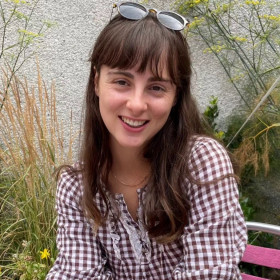

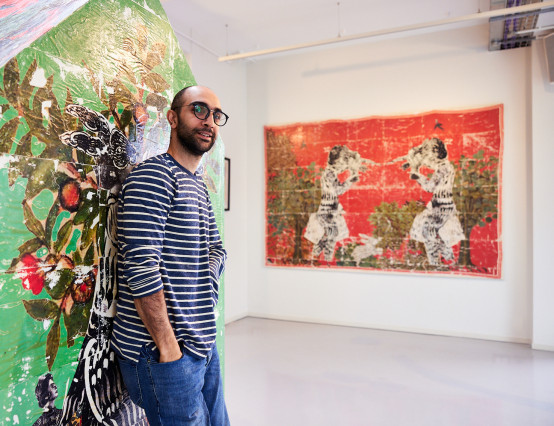
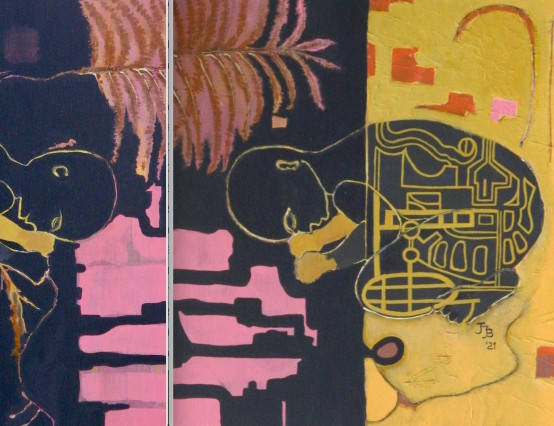


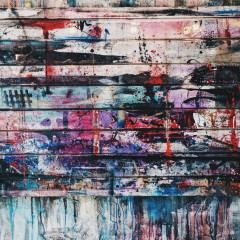
0 Comments